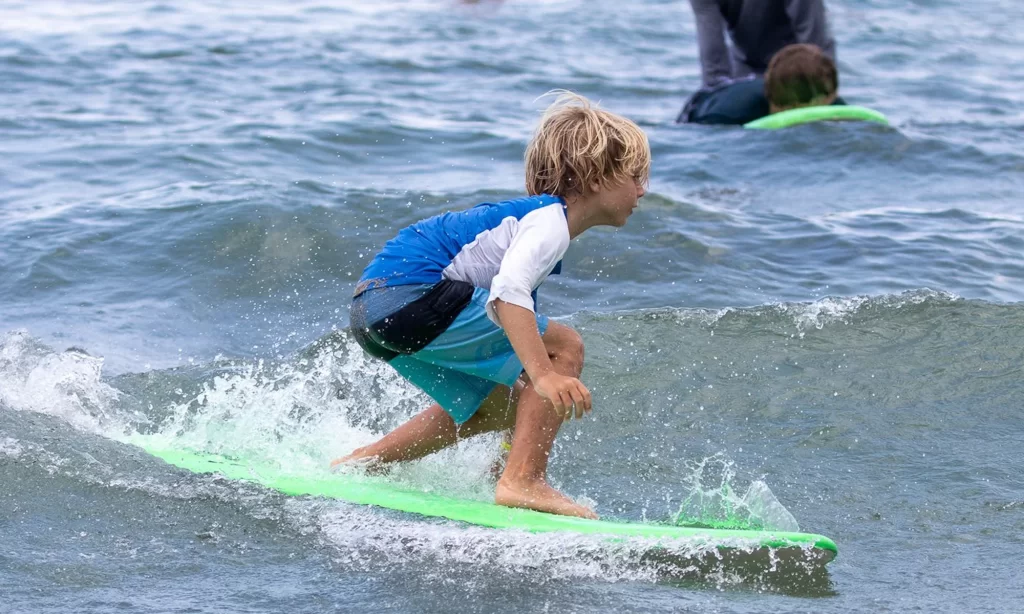Enjoying your preferred sports has never been easier in the digital era of today. Whether your love is baseball or soccer, online streaming brings the action right to your screen. Live sports’ thrills and intensity are now easily available from your house. Specialized streaming services let you instantly catch every goal, every home run, and every exciting event. Bid farewell to passing on your beloved games. Welcome to the future of sports entertainment including 스포츠중계사이트.
Discover Online the Best of Soccer
- Online sites guarantee excellent streaming, so you never miss a bit of the action. Features like live commentary, in-game statistics, and several camera angles help you to have a whole viewing experience. These systems also frequently provide replays and highlights so you can catch up on any action you might have missed.

Every Baseball Game Available Online
- Baseball boasts a great following because of its strategic depth and classic charm. Baseball game viewing by fans has been transformed by online streaming services. You may tune in wherever to see your preferred clubs and players square off in the Major League Baseball (MLB) and other elite leagues.
- Online streaming’s conveniences let you view games live or on-demand. This adaptability lets you fit your love of baseball into your hectic calendar. Expert analysis, high-definition feeds, and interactive elements improve your viewing enjoyment and help you feel as though you are right in the stadium.
Why Select Online Streaming?
- Choosing internet streaming for sports offers many advantages. It provides unmatched convenience first of all. From anywhere—on your PC, tablet, or smartphone—you may view games. This means, that whether you’re at home, on the road, or even flying, you never have to miss a game.
- Second, extra materials available on internet streaming channels improve your viewing experience. From pre-game events and post-game analysis to exclusive interviews and behind-the-scenes videos, you learn more about the realm of sports.
- At last, you have access to a broad spectrum of sports and leagues with 스포츠중계사이트. This range guarantees always something interesting to see, so appealing to supporters of many interests and preferences.
Sports entertainment is changing, and online streaming leads the front stage in this development. There’s no better way to enjoy baseball and soccer events than with the ease, quality, and diversity it presents. Don’t miss out on the action; explore the exciting universe of sports streaming and improve your sports-watching experience to a whole fresh level.






